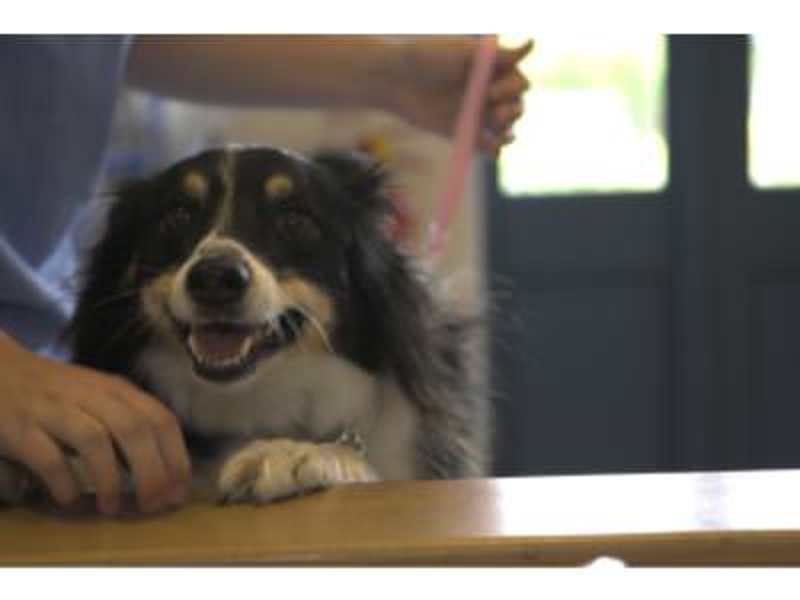RCVS Advise:
External expression of the para-anal sacs (also known as anal glands) is a procedure that may be undertaken by competent owners or lay people (i.e. those who have had the procedure demonstrated and explained to them by a veterinary surgeon). Routine, prophylactic expression of anal glands should only be undertaken on the advice of a veterinary surgeon. If a para-anal sac problem is suspected, the animal should be seen by a veterinary surgeon for confirmation of the diagnosis and advice regarding any necessary treatment.
Internal expression of the para-anal sacs per rectum amounts to the practise of veterinary surgery. This means that it may only be undertaken by veterinary surgeons or student/registered veterinary nurses working under the direction of their veterinary surgeon employer.
How Anal Glands work:
Dogs empty their anal glands (also know as anal sacs) as a normal function of going to the toilet to pass faeces.
As the faeces pass out of the anus a small amount of anal gland fluid is naturally expressed. This material acts as a scent marker, which is why dogs are always interested in smelling where other dogs have gone to the toilet! Food can play a large part in malfunctioning anal sac emptying, it is important that your pet is given a good quality complete diet – this will contain the right amount of fibre needed to form normal faeces and therefore the normal action of anal sac emptying. Some breeds can be more prone to anal gland emptying problems.
When the glands do not empty normally they can fill up, which causes discomfort. Small faeces or soft faeces may not be fibrous enough to help activate natural emptying so the sacs fill even more.
Signs include:
- Dragging bottom along the floor (scooting)
- Scratching or biting bottom
- You notice a strong fishy smell on your soft furnishings or coming from your dog
- Dog licks his bottom then has fishy smelling breath
- Stopped wagging tail
- Seems depressed
- Object to tail being handled or lifted
If your dog is showing any of these signs then please book an appointment with one of our vets. It can be an uncomfortable and sometimes painful condition, put yourself in your dogs shoes - would you like to have an itchy bottom all day?!
The RCVS are now issuing this advise to dog groomers who wish to ensure they have the best interest of the dog when undertaking grooming.
For more information contact the RCVS on 0207 222 2001

